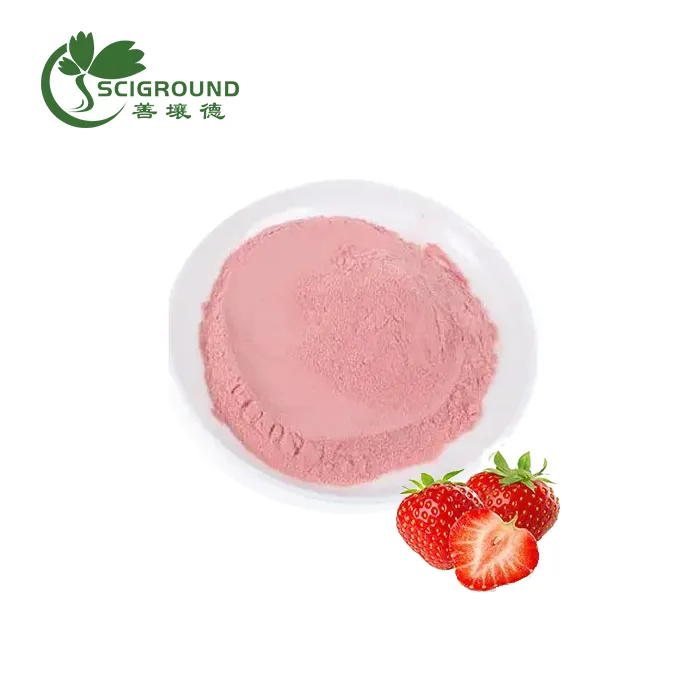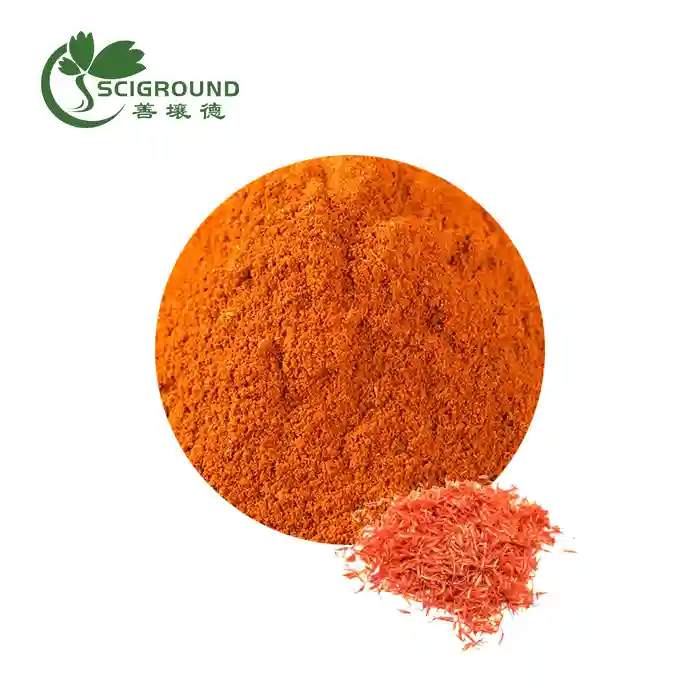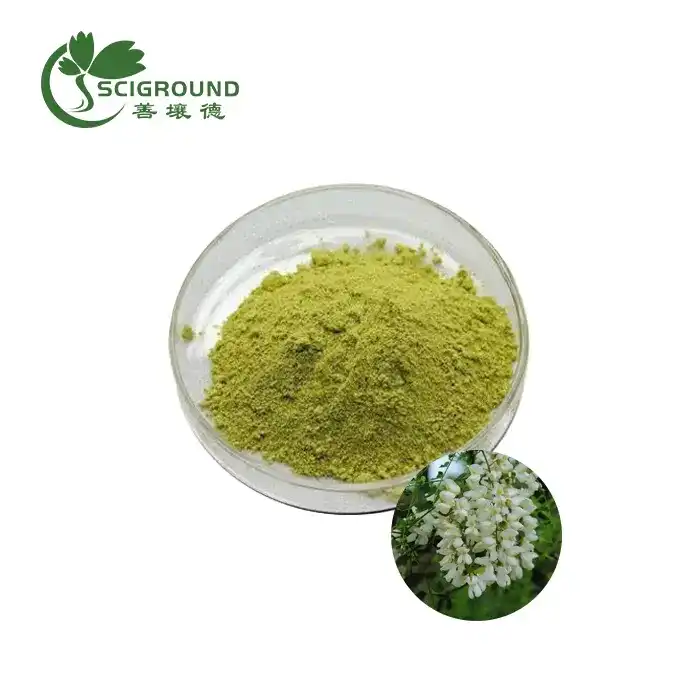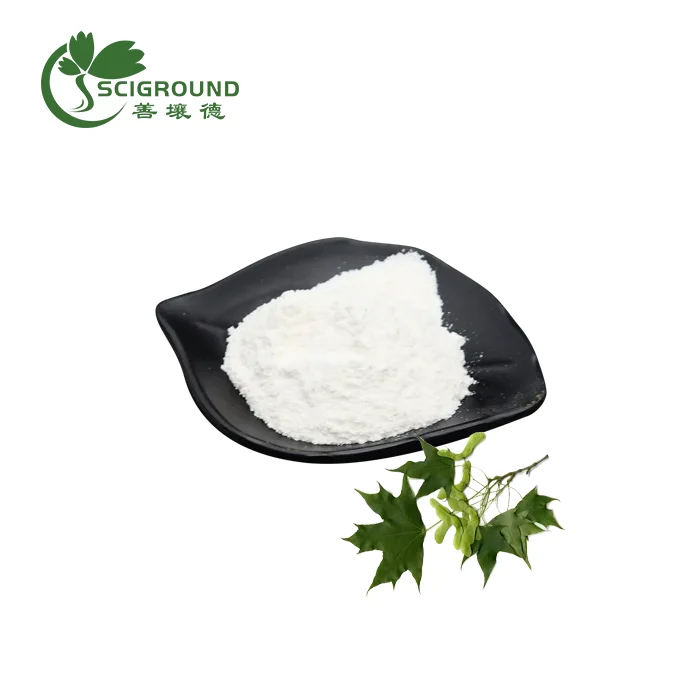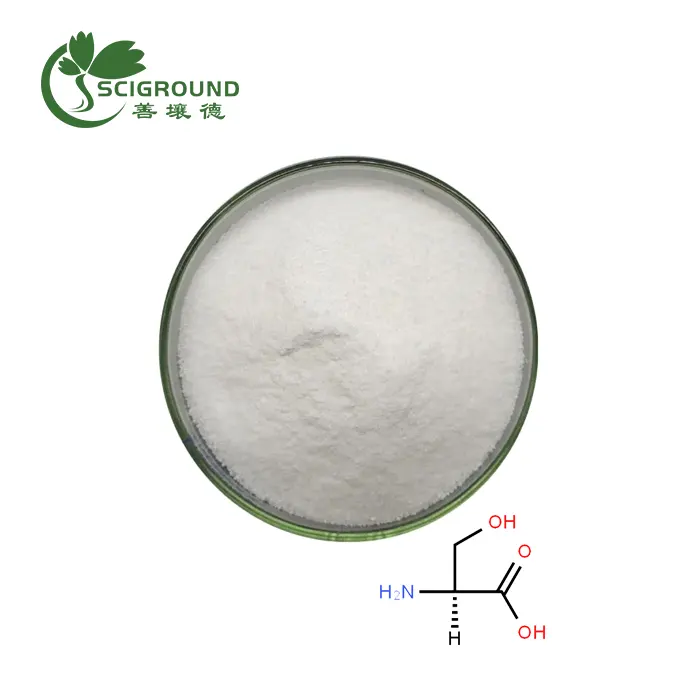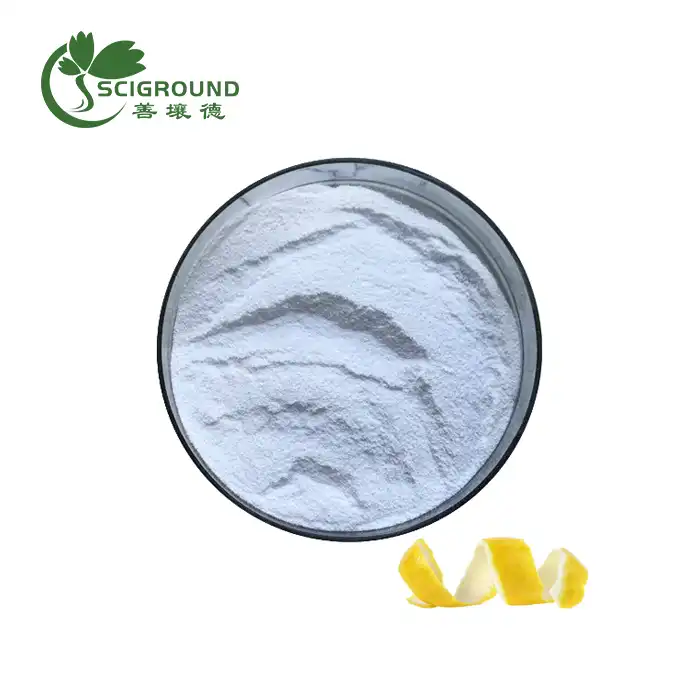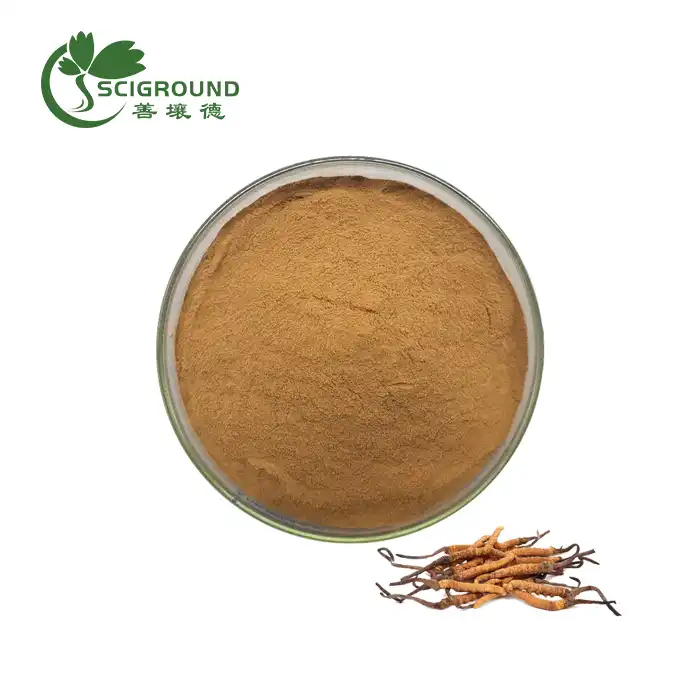Wheat Protein: A Versatile and Nutritious Powerhouse for Your Health
Wheat, one of the world's most widely consumed grains, has been a dietary staple for thousands of years. While wheat is often associated with carbohydrates, it is also a valuable source of protein. In this blog post, we will explore the nutritional benefits of wheat proteins, the latest research on its health implications, and how you can incorporate it into your diet for optimal health benefits.
Wheat Protein: A Nutritional Overview
Wheat is a cereal grain that comes in various forms, such as whole wheat, refined wheat, and wheat bran. The protein content in wheat varies depending on the type, with whole wheat containing more protein than refined wheat. On average, 100 grams of whole wheat flour contains approximately 13 grams of protein, while the same amount of refined wheat flour contains around 10 grams of protein.
Wheat protein is composed of gluten, a complex mixture of proteins that includes gliadin and glutenin. Gluten is responsible for the elasticity and structure of wheat-based products, such as bread and pasta. While gluten is safe for most people, it can cause adverse reactions in individuals with celiac disease or gluten sensitivity.
The Latest Research on Wheat Protein
Recent studies have highlighted the potential health benefits and concerns associated with consuming wheat protein. Here are some of the most notable findings:
1. Muscle Growth and Repair: Wheat protein, like other plant-based proteins, contains essential amino acids that are necessary for muscle growth and repair. A study published in the Journal of the International Society of Sports Nutrition found that wheat protein hydrolysate supplementation could promote muscle protein synthesis and support muscle recovery after exercise.
2. Weight Management: Consuming foods high in protein, such as whole wheat products, can help promote feelings of fullness and satiety, potentially aiding in weight management. Additionally, whole wheat products are rich in fiber, which can further support weight management efforts.
3. Heart Health: Whole wheat products, which are high in protein and fiber, have been associated with improved heart health. A study published in the American Journal of Clinical Nutrition found that consuming whole grains, including whole wheat, was associated with a reduced risk of coronary heart disease.
4. Blood Sugar Control: Consuming whole wheat products, which are rich in protein and fiber, may help regulate blood sugar levels. A study published in the Journal of Nutrition found that whole grain consumption was associated with improved insulin sensitivity and reduced risk of type 2 diabetes.
However, it is essential to note that individuals with celiac disease or gluten sensitivity should avoid wheat protein due to the presence of gluten. For these individuals, alternative protein sources, such as legumes, nuts, and seeds, can provide the necessary nutrients without the risk of adverse reactions.
Incorporating Wheat Protein into Your Diet
There are numerous ways to incorporate wheat protein into your daily diet. Here are some ideas to get you started:
1. Whole Wheat Bread: Opt for whole wheat bread instead of white bread for higher protein content and additional fiber. Use whole wheat bread for sandwiches, toast, or as a base for homemade pizza.
2. Whole Wheat Pasta: Choose whole wheat pasta over traditional pasta for a more nutritious option. Whole wheat pasta can be used in a variety of dishes, such as spaghetti, lasagna, or pasta salads.
3. Wheat Berries: Cooked wheat berries can be used as a base for grain bowls, salads, or as a side dish. They are high in protein and fiber, making them a nutritious addition to your meals.
4. Whole Wheat Crackers: Snack on whole wheat crackers for a protein-rich and fiber-filled option. Pair them with hummus, cheese, or your favorite dip for added flavor and nutrition.
5. Wheat Protein Powder: Wheat protein powder can be added to smoothies, oatmeal, or baked goods for an extra protein boost. Be sure to choose a product that is suitable for your dietary needs, as some wheat protein powders may contain gluten.
Conclusion
Wheat protein is a versatile and nutritious addition to a balanced diet, offering numerous health benefits backed by scientific evidence. By incorporating wheat protein into your daily meals, you can enjoy the nutritional advantages of this widely consumed grain while also supporting your overall health and well-being.
To purchase Wheat protein powder, please contact Sciground at info@scigroundbio.com. Our experienced team will be happy to assist you in finding the best mushroom extract product to suit your needs.
Related Industry Knowledge
- What is Alginate Oligosaccharide?
- How is Boswellia taken?
- Is Wasabi Powder the Same as Horseradish Powder?
- Can I take L-carnitine with creatine?
- Curcumin vs Turmeric
- Acetyl L Carnitine vs L Carnitine
- What is dihydromyricetin
- When to Take Resveratrol
- The Mighty Maca Root Extract Powder: Revitalize Your Health and Vitality Naturally
- Can Astragalus Extract Powder Boost Your Immune System?
